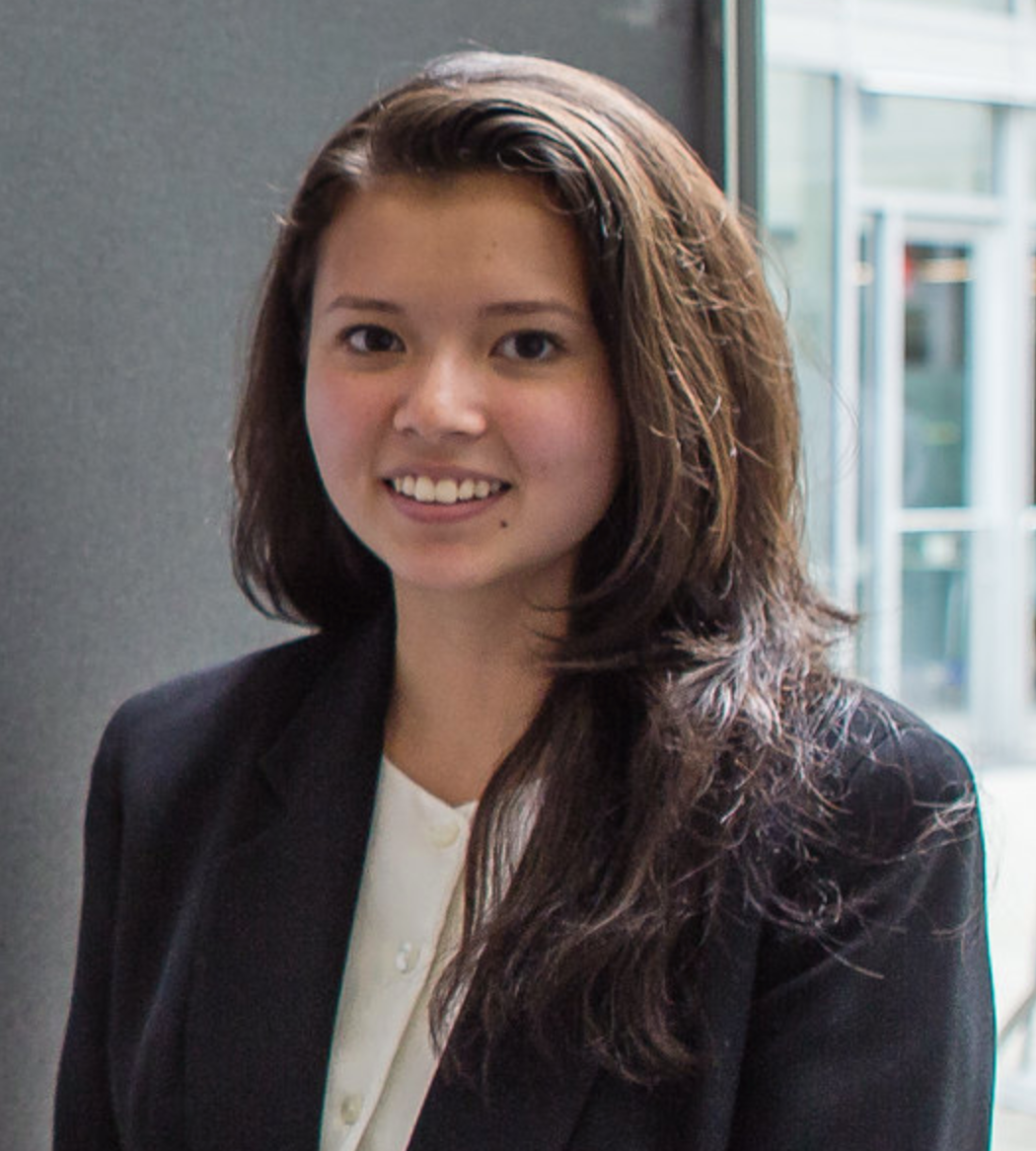As a bright-eyed matriculating graduate student entering my PhD at Rockefeller University, I thought I would face two choices upon earning that hard-won degree: academia or industry. 2020 effectively jolted me out of that conventional line of thinking and drove me to search for innovative ways in which scientists can become involved in politics. This different and relatively unexplored career path left me feeling a little lost and unsure where to start. Serendipitously, a fellow first-year graduate student from Weill Cornell Graduate School of Medical Sciences sent a Slack message asking if anyone in our science policy organization was interested in starting a science policy-based podcast. Being the Gen-Zer that I am, I slid into her DMs and voiced my interest.
When I clicked “Send”, I would never have guessed that a week later, we would be awarded a grant to get us started. I would have laughed if you said that four months later, we would be interviewing not one, but two members of Congress with scientific backgrounds about the federal government’s management of the COVID-19 pandemic.
To this date, COVID-19 has ended the lives of more than 500,000 Americans and upended the lives of many more. The lack of science and evidence-based decision-making by the federal government in responding to the pandemic highlighted a need for scientists not only at the table, but also in holding our elected officials accountable. From this need, our podcast, Politics Under the Microscope, was born.
For our COVID-19 series, we took a multidimensional approach. We first covered the biology underlying the COVID-19 vaccine with Dr. Adolfo García-Sastre, a governor-appointed member of the COVID-19 Clinical Advisory Task Force of New York. As an expert in RNA viruses and vaccines, Dr. García-Sastre delved into the biology behind the vaccines, shared his insights while reviewing the clinical trial data, and demystified the FDA emergency approval process. By placing a scientist at the forefront of the discussion, we provided increased transparency for the public to feel confident about receiving a COVID-19 vaccine.
We next addressed access to the vaccine. We spoke with Reverend Diann Holt, a governor-appointed member of the COVID-19 Vaccine Distribution Task Force and community leader, about the challenges of ensuring equitable access to the vaccine and how she is building back trust and confidence in medicine within the African American community. She discussed the problems with the current vaccine rollout and the specific challenges that her community faced when trying to access the vaccine.
The different, yet synergistic perspectives of scientist and community leader push scientists to think about their research after it leaves the lab bench.
We then shifted our focus to the policy side. We interviewed two members of Congress that co-sponsored the Coronavirus Aid, Relief, and Economic Security (CARES) Act, Rep. Seth Moulton (D-MA) and Rep. Chrissy Houlahan (D-PA). Both armed with backgrounds in science, they discussed the role their scientific backgrounds played in their management of the COVID-19 pandemic. We probed the federal government’s mismanagement of the pandemic and their failure to listen to scientists, namely Dr. Anthony Fauci, MD, and other public health experts.
By connecting the scientific and political sides, we not only communicated the science and biology needed for the general public to feel confident in the vaccine’s safety and efficacy, but also challenged scientists to consider equitable access to the therapeutics their research helps develop. We further pushed elected officials to account for the bungled COVID-19 response and describe how their own scientific backgrounds enable a unique perspective on the Hill.
Though COVID-19 was just one of our series, the inception and growth of our podcast is proof that young scientists don’t have to “stick to the science” or live at the lab bench. Instead, scientists can use podcasting as a medium through which science can be translated into societal and political impact.

